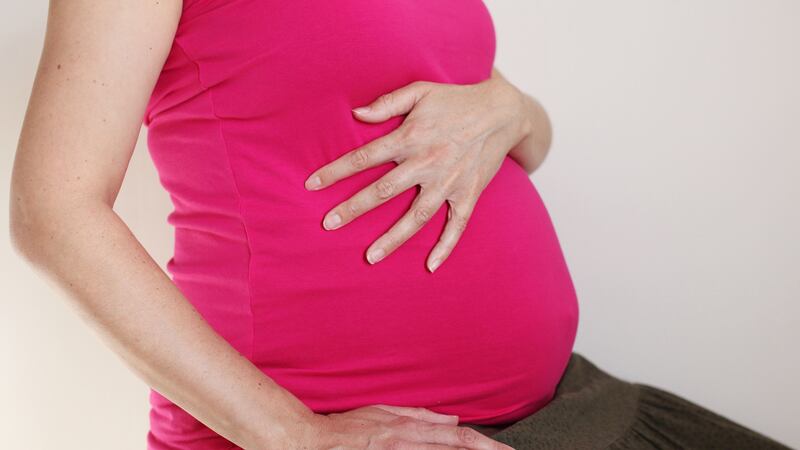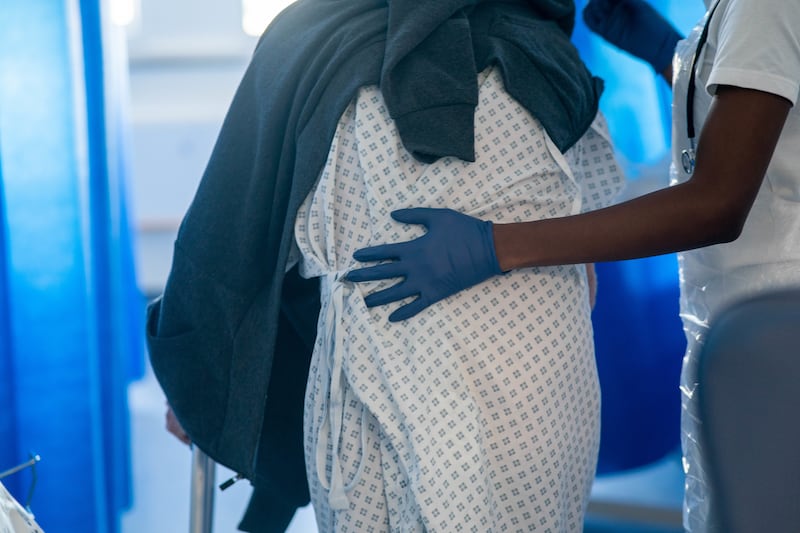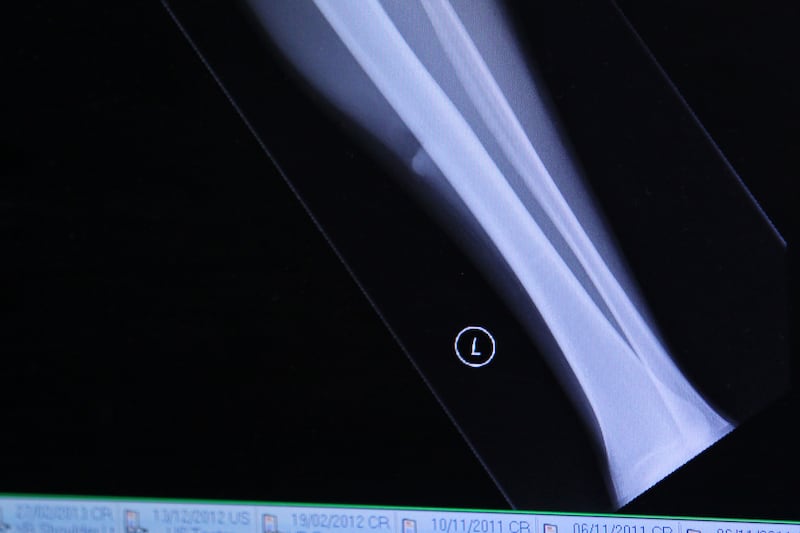We know that smoking while pregnant can put both the mother and the child at considerable risk but little is understood about what actually happens in the womb when smoke is inhaled.
Now, scientists from the University of Technology Sydney (UTS) studying the effects of maternal smoking believe that it’s not just nicotine that causes harm – there are other factors involved as well.
Their findings suggest one of the main reasons smoking puts unborn babies at risk is because it releases unwanted molecules, known as free radicals, that move around the mother’s body.
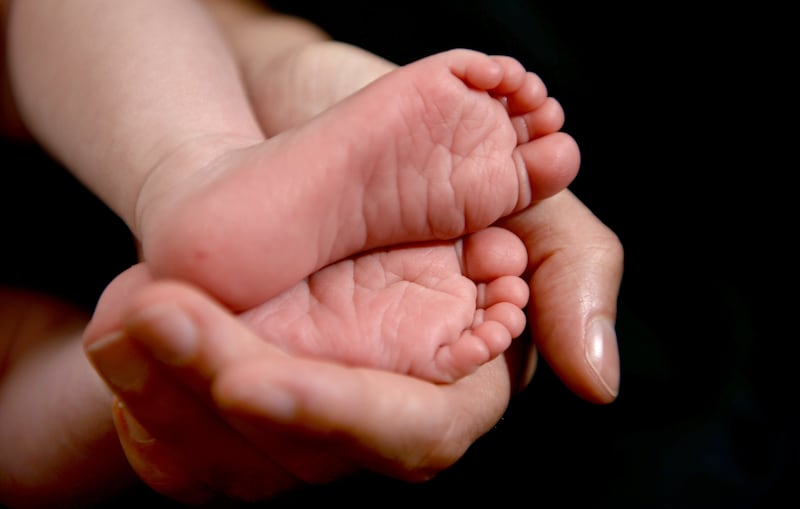
“Prior to the study, it was thought that nicotine caused most adverse effects on the health of mothers and their offspring,” said lead researcher Brian Oliver.”
It isn’t just the lungs that are then affected. Free radicals have been shown to cause damage to our bodies as well.
“When a person smokes, however, additional toxic chemicals and billions of free radicals (oxidants) are inhaled, enter the blood stream and affect the whole body,” Oliver added,
“Free radicals are molecules like hydrogen peroxide (H2O2) that are highly reactive and can chemically change (similar to bleaching) tissues in the body.
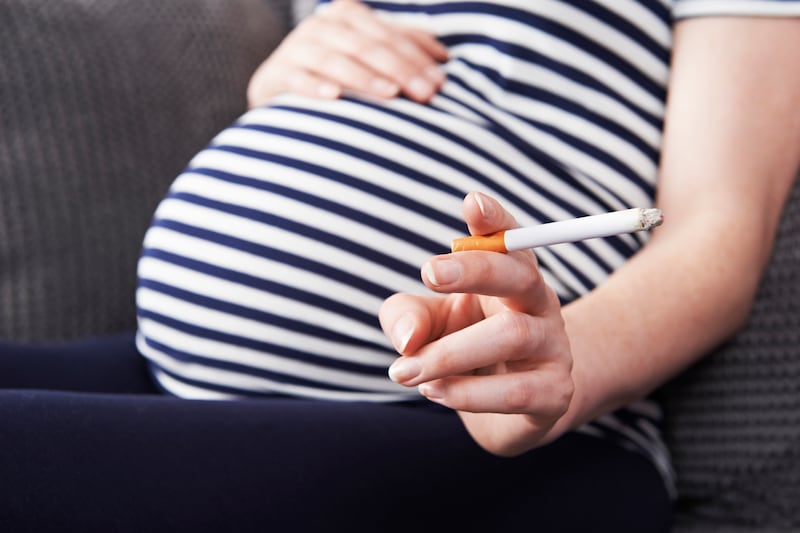
“For pregnant women, the response to these chemicals extends to the developing child.”
Previous human studies have shown that maternal smoking is associated with lung under-development, airflow limitations and an increase in the risk of respiratory infections in babies.
Now the scientists want to further explore how they can limit the damage, especially in the cases where women are living in polluted areas or using electronic nicotine delivery systems.
The research is published in American Journal of Physiology.
